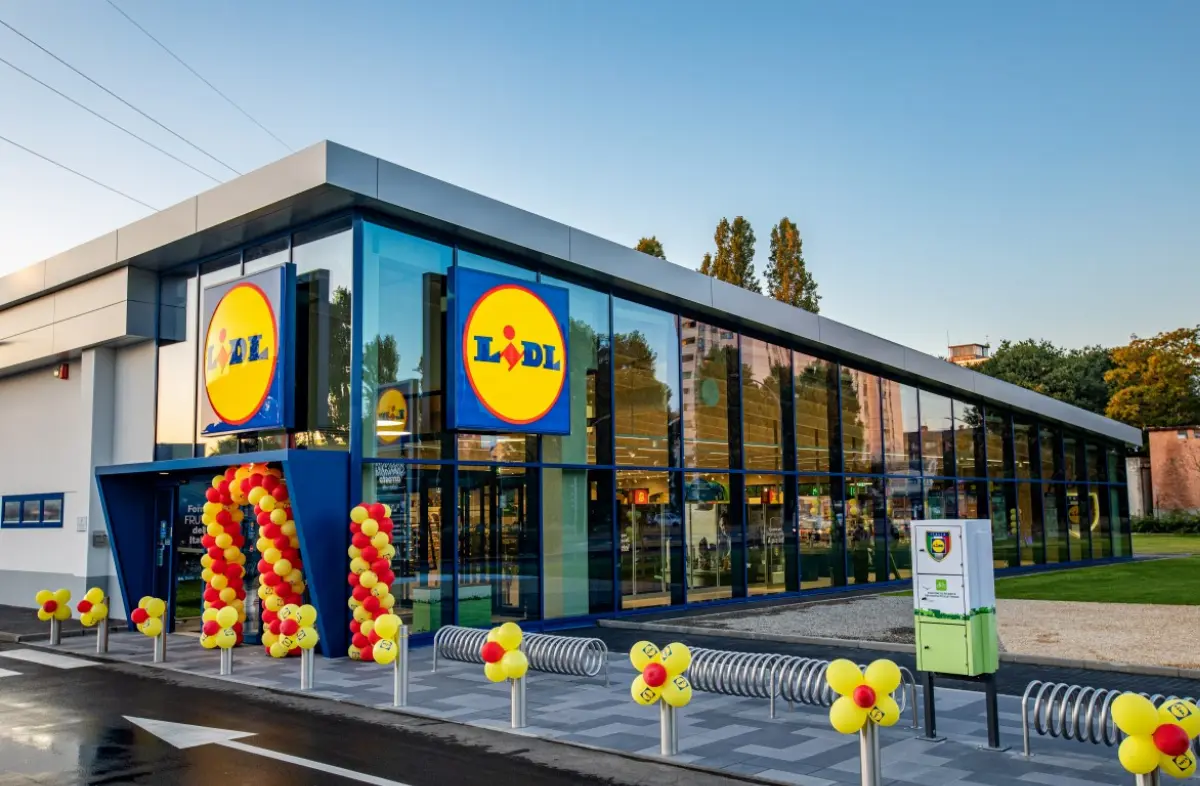
Animal welfare. Lidl also contested in the UK
BBC report: a high percentage of chickens sold could suffer from skin diseases

The BBC has broadcast a new investigation into the welfare of chickens sold in the Lidl discount store which investigates the presence of a skin disease caused by constant contact with faeces and urine. Analyzing over 1,900 chicken products from 40 Lidl stores in 21 UK cities from September to November 2023, the Open Cages organization found hock burn on 74% of whole chickens examined. These painful burns can be seen with the naked eye and appear as a dark ulcer on the back of the paw.
“Fast-growing chicken breeds and crowded conditions are used by supermarkets to maximize profits, but chickens can suffer,” explains Andrew Knight , a veterinarian and professor of animal welfare at Griffith University. “This is visible from some meat characteristics, such as hock burns and white striping, that consumers can see with their own eyes, as shown in this report. Chicken hocks (heels) suffer burns when chickens are forced to rest on floors laden with urine and feces for weeks on end.”
The analysis by Open Cages and the BBC also found the presence of white striping in 94% of Lidl chicken breast packages sold in the United Kingdom. Also in the case of the United Kingdom, as in the previous Italian case (read EFA News), this muscle disorder is characterized by white lines on the chest meat. This is a disease that affects chickens in intensive farming with a very high incidence as they belong to breeds genetically selected to reach slaughter weight in just 6 weeks. White striped chicken breast can have up to 224% higher fat content and lower protein levels. However, there is no information available to consumers on the risks deriving from the consumption of meat affected by hock burns.
“This report reveals how widespread these diseases are among broilers sold by Lidl in the UK,” continues Professor Knight . “The result is chronic suffering for several million chickens and poorer meat quality. The solution is to use slower-growing chicken breeds with more space available, as supported by the European Chicken Commitment."
Open Cages, together with the main animal welfare associations, includingessere animali, asks Lidl to join the European Chicken Commitment (Ecc), a set of minimum welfare standards for farmed chickens supported by almost 40 European organizations and signed from hundreds of companies around the world.
EFA News - European Food Agency